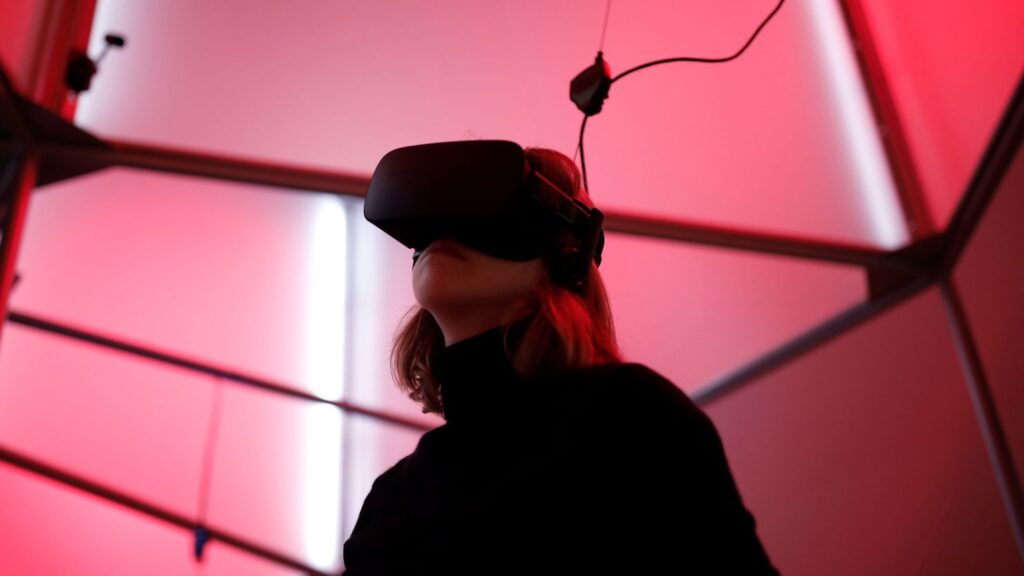Virtual reality was supposed to transform entertainment. At least, that was the expectation roughly a decade ago with the arrival of the Oculus Rift, the first virtual reality (VR) headset that many believed would push VR into the mainstream.
In 2025, the industry has failed to deliver on that promise. But tech and entertainment giants alike believe that moment could be closer than ever.
The evidence is there. The Wall Street Journal reported last month that Meta is in talks with Disney, A24 and other entertainment companies to produce immersive content for its Quest VR headsets. Apple announced an update to its Vision Pro headset in June, enabling users to share content with other headsets — ideal for watching movies together in 3-D. Earlier this year, Apple also launched an immersive Metallica concert for the Vision Pro and announced in July it’s readying its first upgrade to boost the Vision Pro’s performance.
Taken together, this signals that tech and media behemoths are still betting that consumers will be willing to spend hundreds, if not thousands, to experience concerts, movies and sporting events beyond the confines of a traditional screen.
In the 10-plus years since Oculus debuted the Rift, headset manufacturers have produced lighter, more powerful devices. Meanwhile, companies are finally warming to the idea of another medium for storytelling.
Continue reading the complete article on the original source



